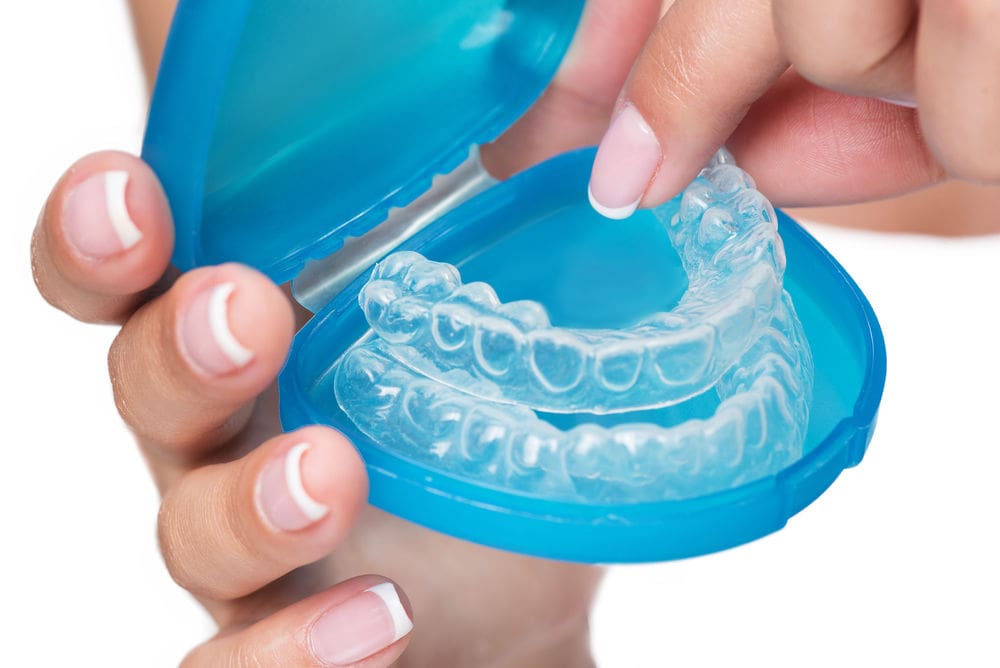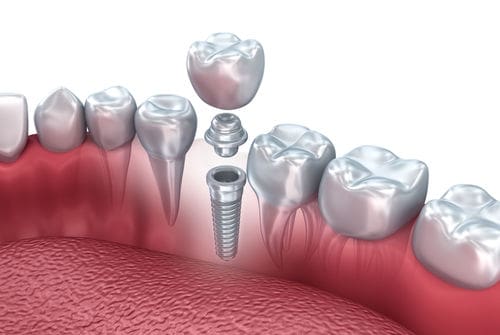Dental bonding improves the look of the front teeth. Bonding is used to close gaps between teeth, replace damaged enamel, straighten crooked or misaligned teeth, repair shattered teeth, and conceal stains that dental whitening cannot remove. These white fillings are functional and attractive, but bonded teeth are required for a faultless smile.
Read on to learn the best dental practices and care tips for bonded teeth.
What to Know About Bonding
Composite bonding is a straightforward, low-cost aesthetic treatment that can cure these concerns in only one dentist visit.
The same material that is used for cosmetic bonding can also be utilized to cure cavities. Composite fillings are made of tooth-colored composite resin. This material can be colored and sculpted to fit any tooth.
Unfortunately, they are not as durable as porcelain. These veneers will stay longer if the bonded tooth is well cared for.
Maintenance Tips for Bonded Teeth
The longevity of bonded teeth is affected by how well you maintain them. Bonding lasts between 3 and 7 years, depending on upkeep. Like veneers, dental bonding stains and chips. This is how you keep your teeth bonded together.
Cleanliness Extends Bonding Lifespan
Cavities in bonded teeth can be avoided with good dental hygiene. Brushing and flossing your teeth on a daily basis is vital. Brush and floss every day. Starchy and sugary foods disrupt the normal pH levels of the mouth and promote the growth of plaque bacteria.
Don’t Let Your Diet Discolor Your Teeth
Tobacco use causes more discoloration than natural enamel. Coffee, tea, and wine stains will also disappear.
Always Go to a Professional
A dental hygienist may be unable to clean bonding efficiently while keeping the composite repaired. The texture of bonded teeth may change with a regular professional dental cleaning. Polishing pastes are required. Pumice pastes, ultrasonic scaling equipment, and air-polishing instruments can all be used to degrade bonding.
Use the Right Kinds of Toothpastes
Some kinds of toothpaste have been shown to weaken tooth enamel. They contribute to bonding discoloration. Composite toothpaste should be used on bonded teeth. Rembrandt’s toothpaste is not harmful to composites.
Use the Right Kinds of Toothbrushes
Coarse-bristled toothbrushes scratch composite. Brush gently with soft-bristled brushes to prevent dental bonding; bent bristles indicate excessive effort.
Use Your Common Sense
Snags and rough places on your teeth can be removed before they become a problem. Sharp edges on bonded teeth are easily repaired.
Chewing Properly Will Protect Tooth Bonding
Avoid foods that are hard, chewy, or difficult when working on a major bonded repair. Over time, direct force can break down bonds (which are not as strong as porcelain).
Avoid Alcoholic Beverages
Alcohol or alcoholic beverages hastens the breakdown of these bonds. Excessive drinking will sever your bonds. Tobacco, coffee, and tea all stain bonded teeth.
Conclusion
The best dental practices of keeping teeth clean and healthy should be done by everybody. So, whether or not you need these care tips for bonded teeth, remember that someone you know might. Keep these suggestions in mind to not only preserve your teeth but also have healthy gums and outstanding oral health.
For the best dentist in Manassas, Liberia Dental Care is here to give you your healthiest set of teeth yet. With us, you’re in great hands. Give us a call today to learn more!









